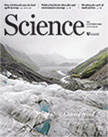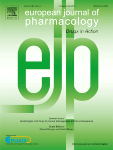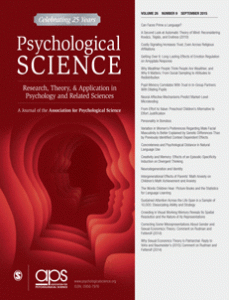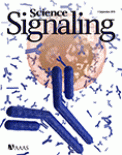 This week’s issue of Science includes a retraction of a highly cited paper about manipulating the current in a string of molecules with a magnet, after an investigation by the co-authors revealed “inappropriate data handling” by the first author.
This week’s issue of Science includes a retraction of a highly cited paper about manipulating the current in a string of molecules with a magnet, after an investigation by the co-authors revealed “inappropriate data handling” by the first author.
According to the note, the co-authors’ suspicions arose when they tried to follow-up on the data. Following a “thorough investigation,” they concluded that first author Rabindra N. Mahato had handled the data in such a way that they could no longer trust the conclusions. In the end, Mahato agreed to the retraction.
Here’s more from the note: Continue reading Authors pull Science paper on molecular wires for “inappropriate data handling”








 A paper containing data fudged by former University of California San Francisco grad student Peter Littlefield has been corrected. We knew that this was coming — last month,
A paper containing data fudged by former University of California San Francisco grad student Peter Littlefield has been corrected. We knew that this was coming — last month,